

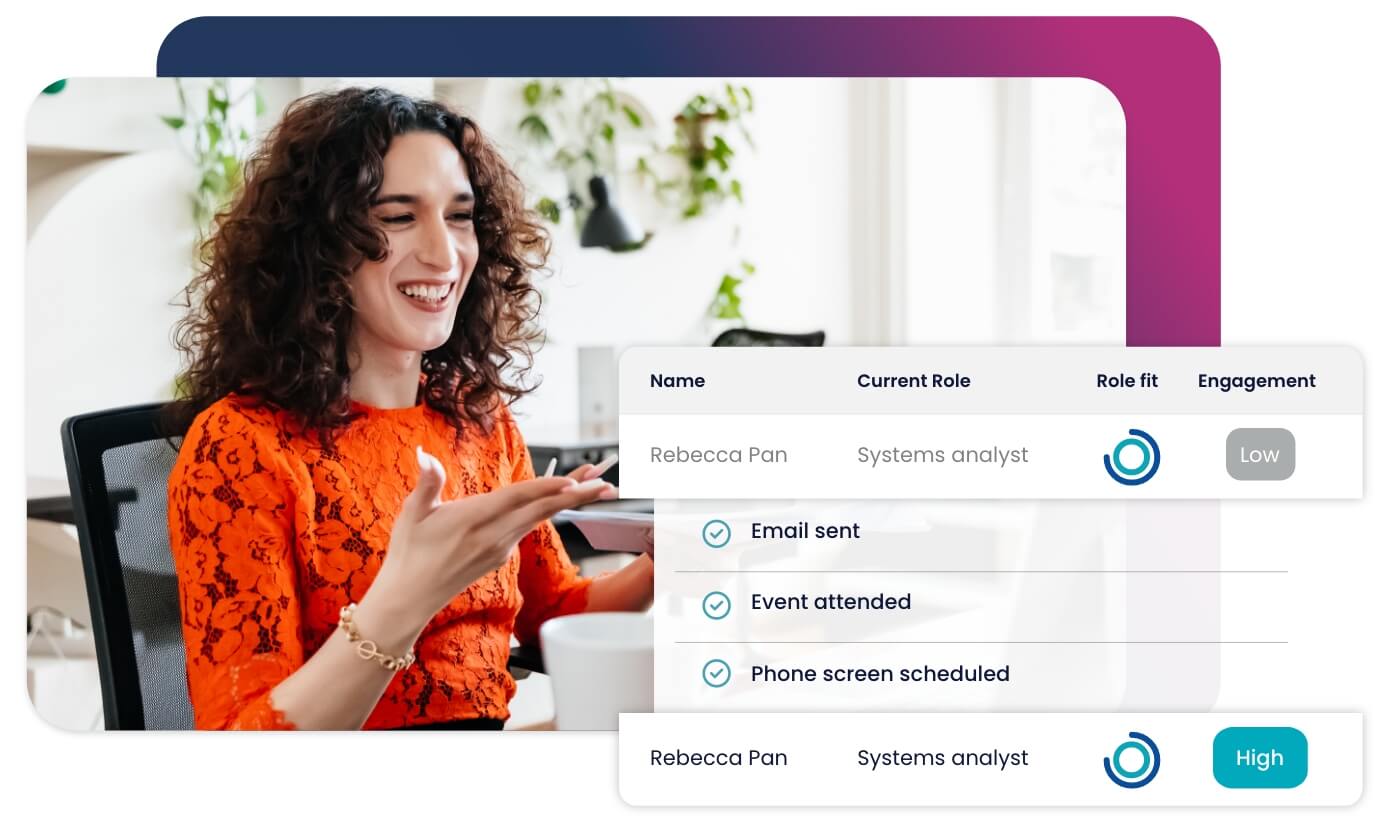
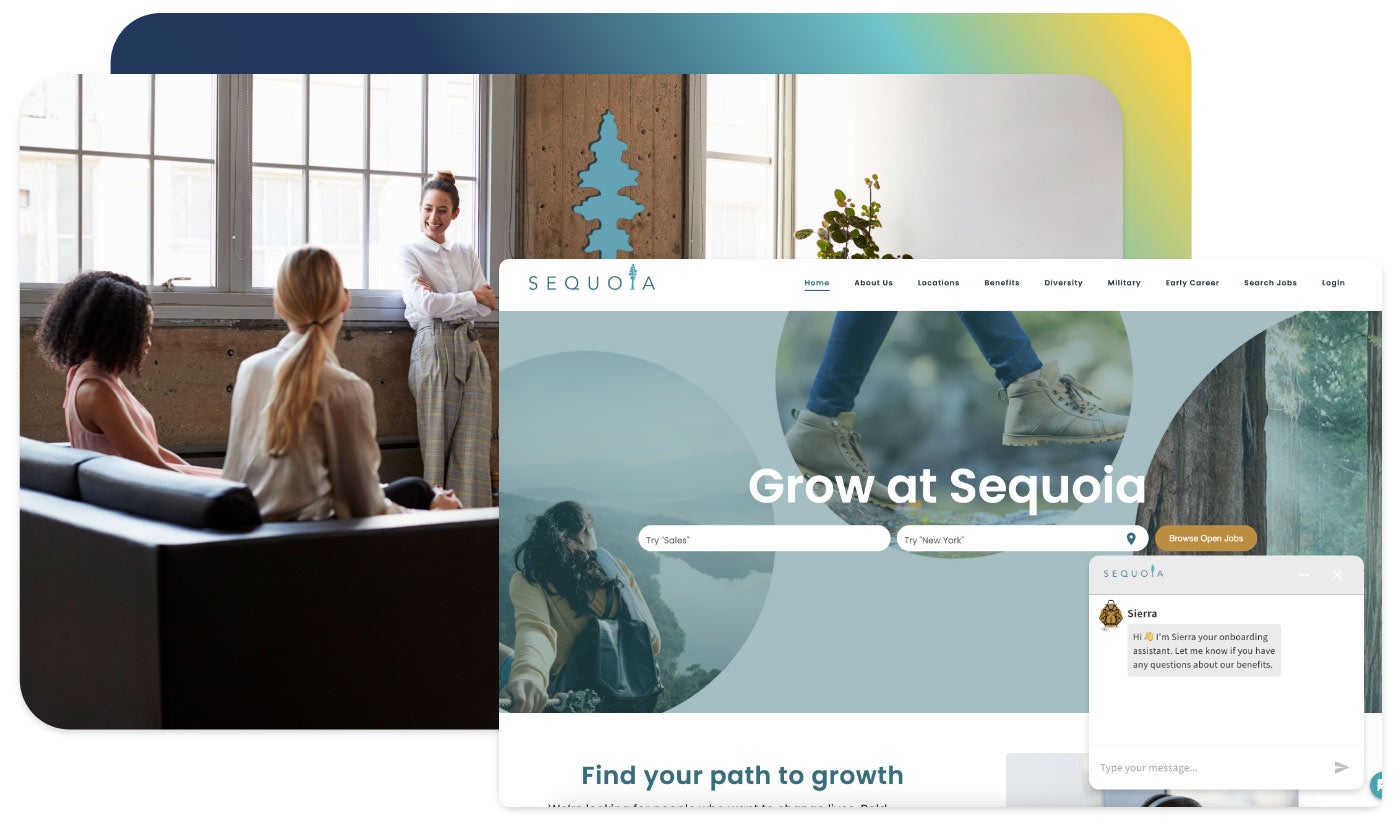


Accelerate hiring key talent to deliver care and exceed patient satisfaction.

Attract skilled candidates, speed up hiring and grow expertise in your workforce.

Simplify recruiting finance and banking talent with a platform for hard-to-fill roles.


Build a talent pipeline that engages and drives your business forward.


See how diverse and global enterprises use iCIMS to employ millions, drive innovation and connect communities worldwide.

Learn how a beloved restaurant hires 40,000+ annually with a great candidate experience.
Uncover unique market insights, explore best practices and gain access to talent experts across our library of content.


View press releases, media coverage, the latest hiring data and see what analysts are saying about iCIMS.

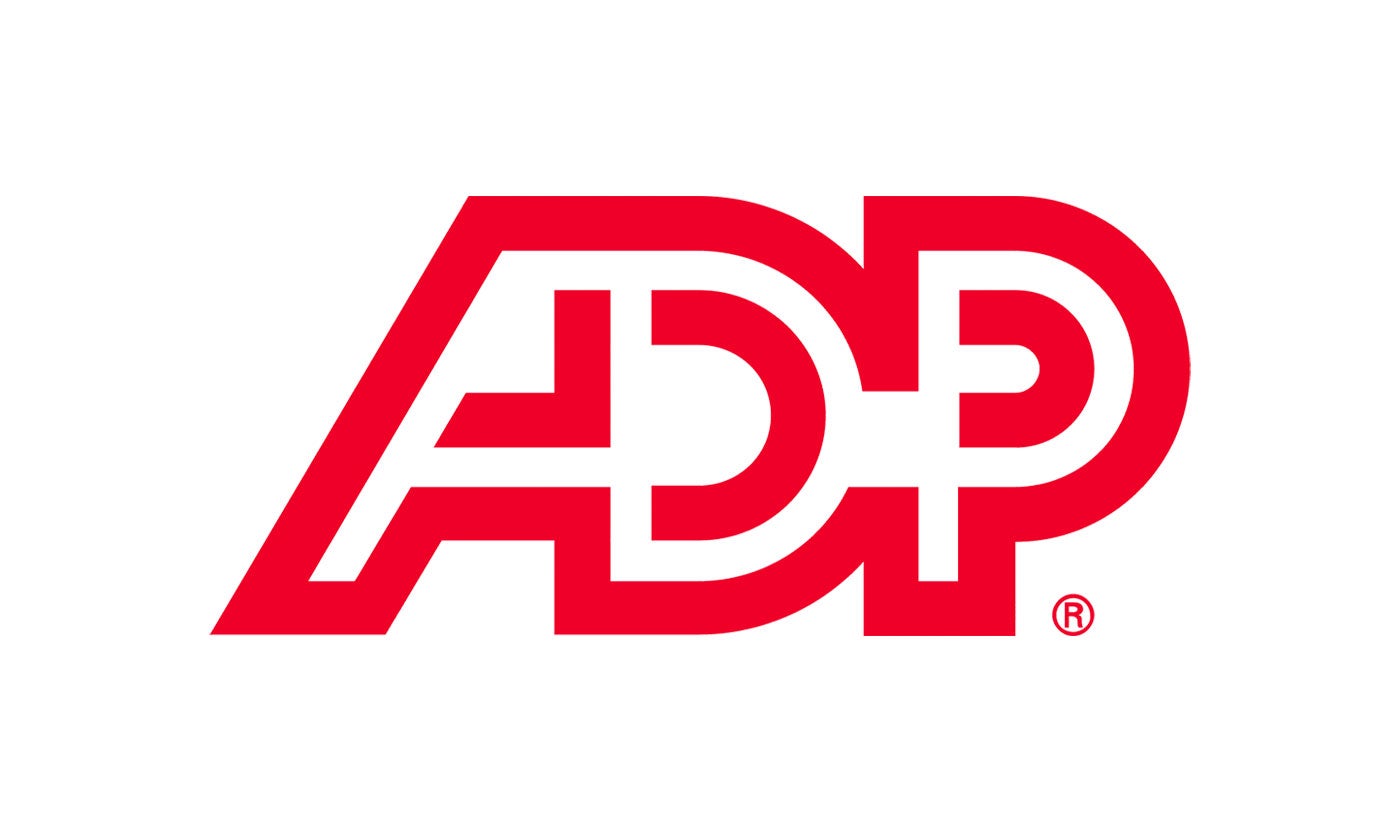
Streamline your tech stack and take advantage of a better user experience and stronger data governance with ADP and iCIMS.
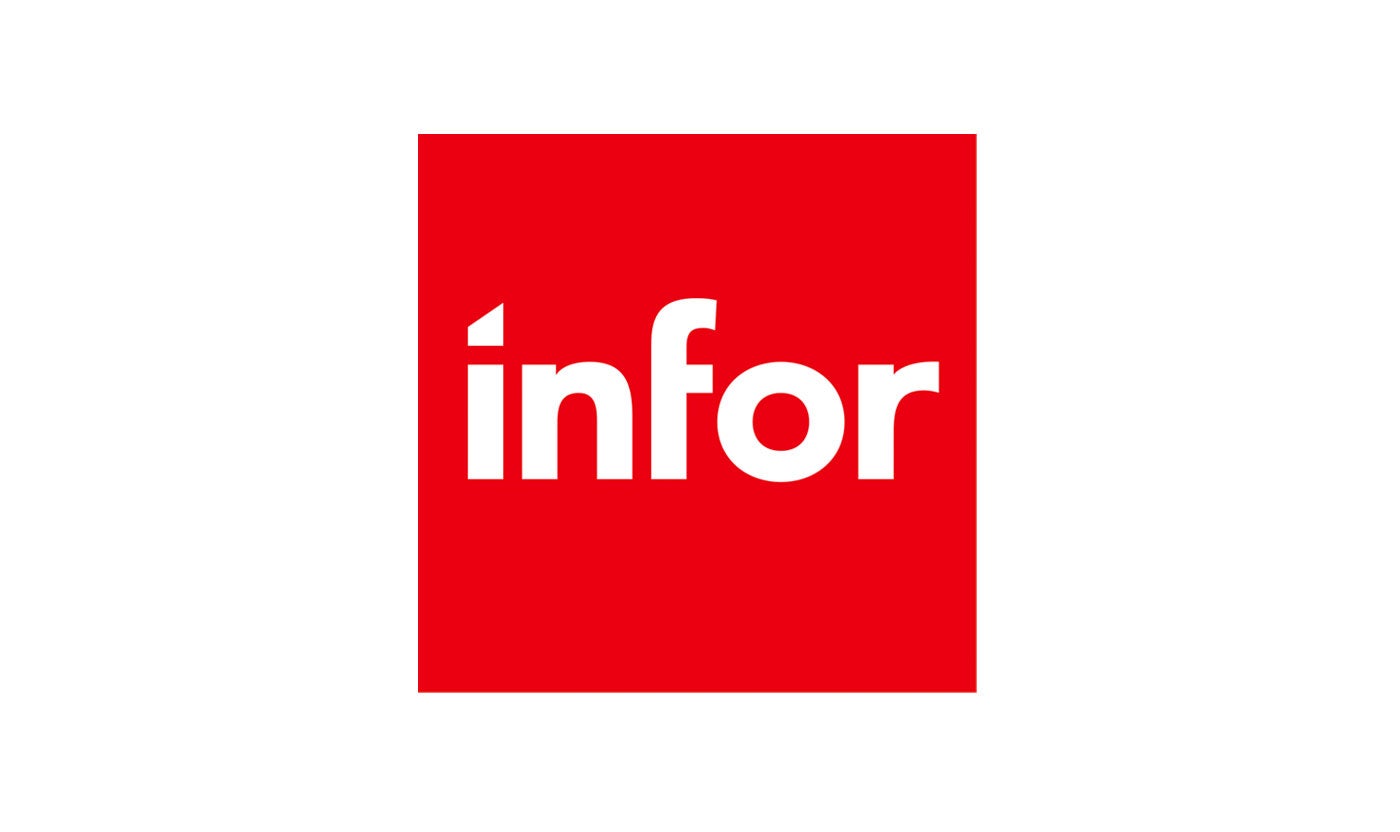
The combined power of iCIMS and Infor helps organizations strategically align their business and talent objectives.
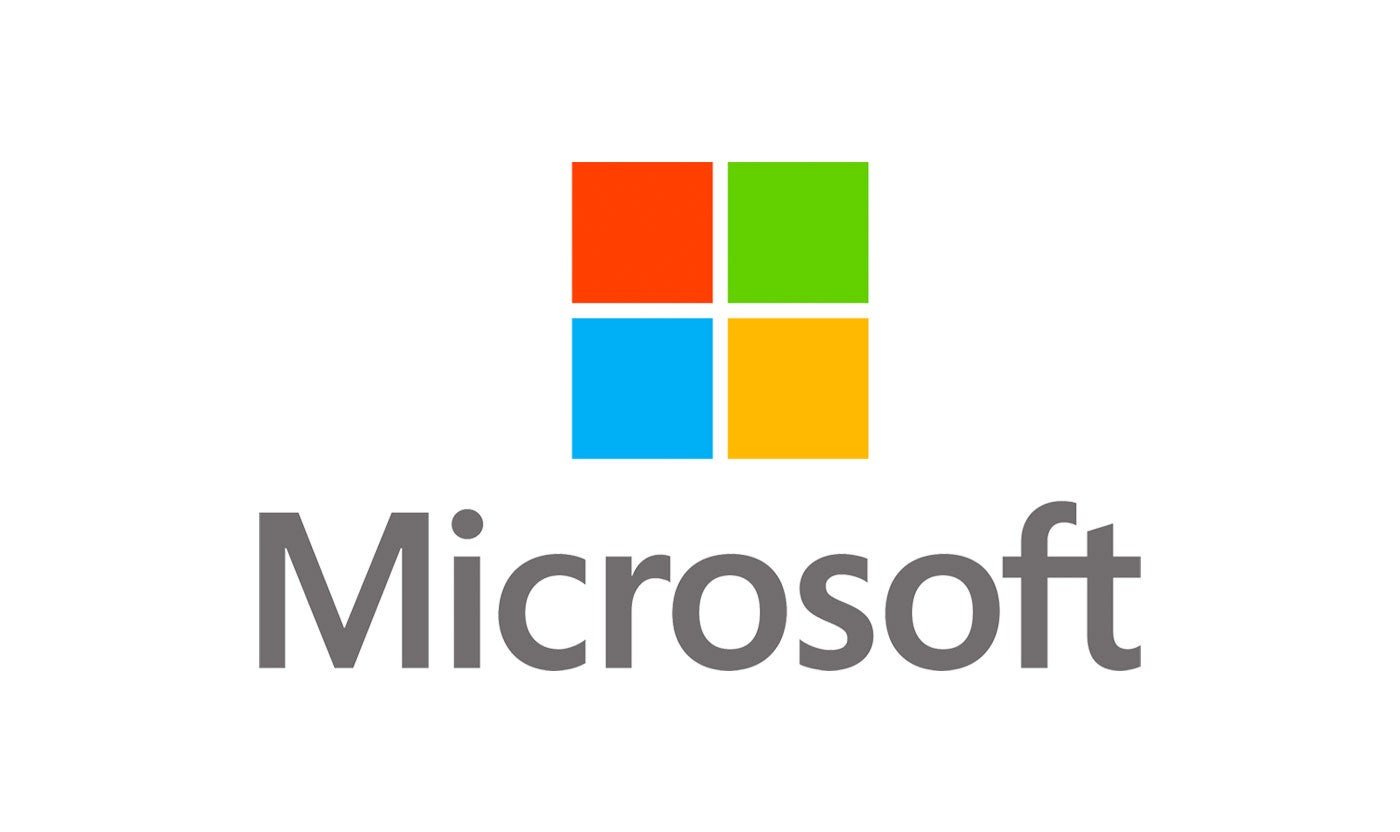
Our award-winning partnership with Microsoft is grounded in a shared desire to transform the workplace and the hiring team experience.
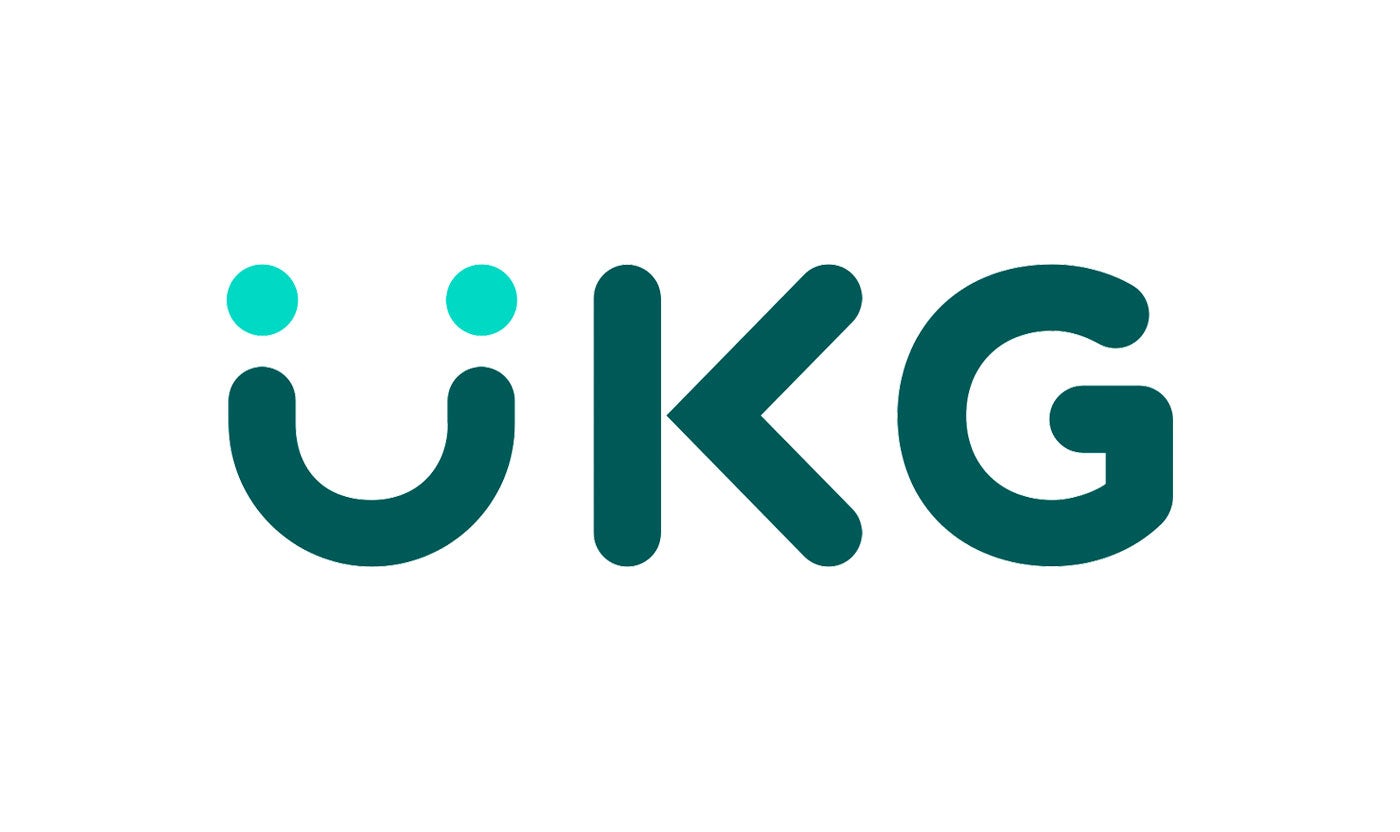
Our partnership with Ultimate Kronos Group (UKG) supports the entire talent lifecycle by bringing frictionless recruiting solutions to UKG Pro Onboarding.

The business case for building a diverse workforce is an easy one; numerous studies show that diverse teams compete better, innovate faster, and generate more revenue. The formula for building a diverse workforce, however, is less apparent.
One lesser known strategy? Soft skills verification.
When recruiters and hiring managers examine soft skills during the hiring process, they shift the focus from who the candidate is to what the candidate is capable of. This change in perspective reduces bias in the hiring process — the first step in promoting a diverse workforce.
The workplace continues to benefit from a focus on soft skills long after the hiring process concludes. When an organization identifies and improves their employees’ soft skills, they cultivate the behaviors necessary not only for diversity, but for inclusion.
In this post, we’ll discuss what soft skills are, how they bolster workplace diversity, and ways you can verify soft skills in your applicants and workers.
Before we consider how soft skills promote diversity, we need to lay some groundwork. What are soft skills? The Society for Human Resource Management defines soft skills as the behaviors, personality traits and work habits “that help people prosper at work.” These skills include collaboration, critical thinking, perseverance and communication.
It’s easy to imagine why these abilities matter. A worker may possess excellent “hard” skills: She may write complex code, design beautiful graphics, or construct fascinating data models. But without soft skills, this otherwise talented worker won’t live up to her potential. She may struggle with teamwork and hesitate to ask important questions. She may be disillusioned by constructive feedback.
As SHRM put it, soft skills are what helps people prosper. They guide how employees interact with their coworkers, their managers, their customers, clients, and vendors. All while representing their employer’s brand.
When employers emphasize soft skills, they promote diversity in two areas: in hiring and in culture.
A focus on soft skills when recruiting can help employers increase diversity by reducing bias. No hiring team is immune to bias — even those that are actively aware of its presence. To make matters more complicated, there are different kinds of bias to consider.
By asking candidates about their communication skills, evaluating their confidence, or inquiring about their problem-solving abilities, employers ensure they’re assessing candidates not by how they look or how they speak, but how they operate in a professional setting.
A focus on soft skills helps on a cultural level too. When recruiters factor soft skills into the hiring equation, they’re more likely to choose candidates who respect their fellow coworkers. These workers are more apt to value trustworthiness and integrity.
Once these candidates are on board, employers can continue to address soft skills, offering training on communication and other aspects of professionalism. The more these types of training are offered, the stronger a culture becomes. By hiring and encouraging workers who are predisposed to inclusion, employers create a strong culture that values everyone.
Employers can verify soft skills using a couple of different methods. The first and most obvious way is to ask candidates and workers about their abilities. In an interview, for example, a hiring manager may assess certain soft skills with related prompts or questions:
Employers can also take advantage of modern tools that create data-driven insights on workers’ soft skills. With solutions like iCIMS SkillSurvey, employers can ask job references to rate candidates’ behaviors relevant to specific jobs. Those who previously worked with a candidate are asked to provide feedback on how she treats co-workers, staff and others of different backgrounds, beliefs and gender. These assessments generate predictive insights that highlight candidates who will thrive — and make sure others do, too.
When employers take the time to verify candidates’ soft skills, they’re doing more than due diligence. A focus on soft skills helps to reduce bias and bolsters culture, all while ensuring the success of each individual worker. A handful of questions and prompts will help hiring managers probe candidates’ abilities. But employers can add tools like iCIMS SkillSurvey to their tech stack to make skills verification easier and more effective.

Alex is well-versed in content and digital marketing. He blends a passion for sharp, persuasive copy with creating intuitive user experiences on the web. A natural storyteller, Alex highlights customer successes and amplifies their best practices.
Alex earned his bachelor’s degree at Fairleigh Dickinson University before pursuing his master’s at Montclair State University. When not at work, Alex enjoys hiking, studying history and homebrewing beer.




